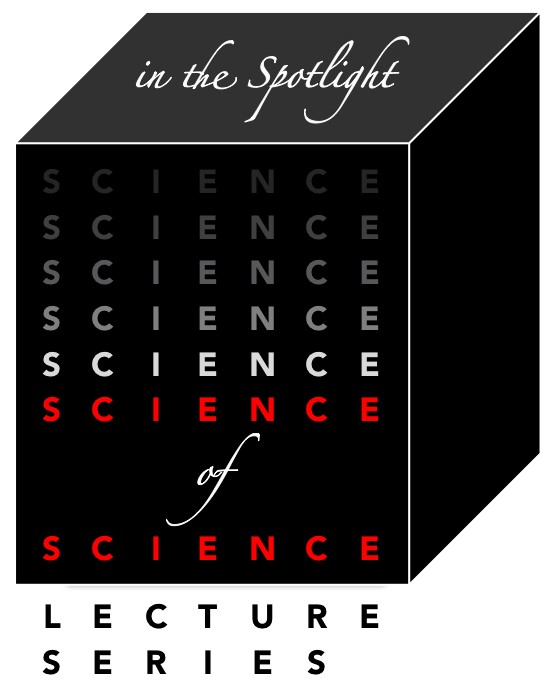Around 1875, the US had none of the world’s leading research universities; today, it accounts for the majority of the top-ranked. Many observers cite events surrounding World War II as the source of this reversal. We present evidence that US research universities had surpassed
most countries’ decades before World War II. An explanation of their dominance must therefore begin earlier. The one we offer highlights reforms that began after the Civil War and enhanced the incentives and resources the system directs at research. Our story is not one of success by design, but rather of competition leading American colleges to begin to care about research. We draw on agency theory to argue that this led to increasing academic specialization, and in turn, to more precise measures of professors’ research output. Combined with sorting dynamics that concentrated talent and resources at some schools—and the emergence of tenure—this enhanced research performance.
